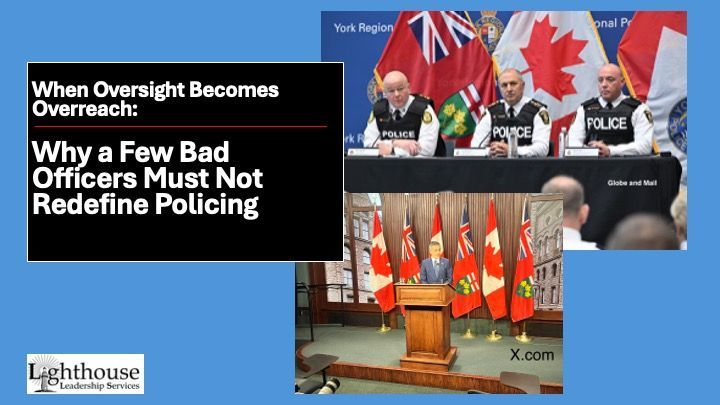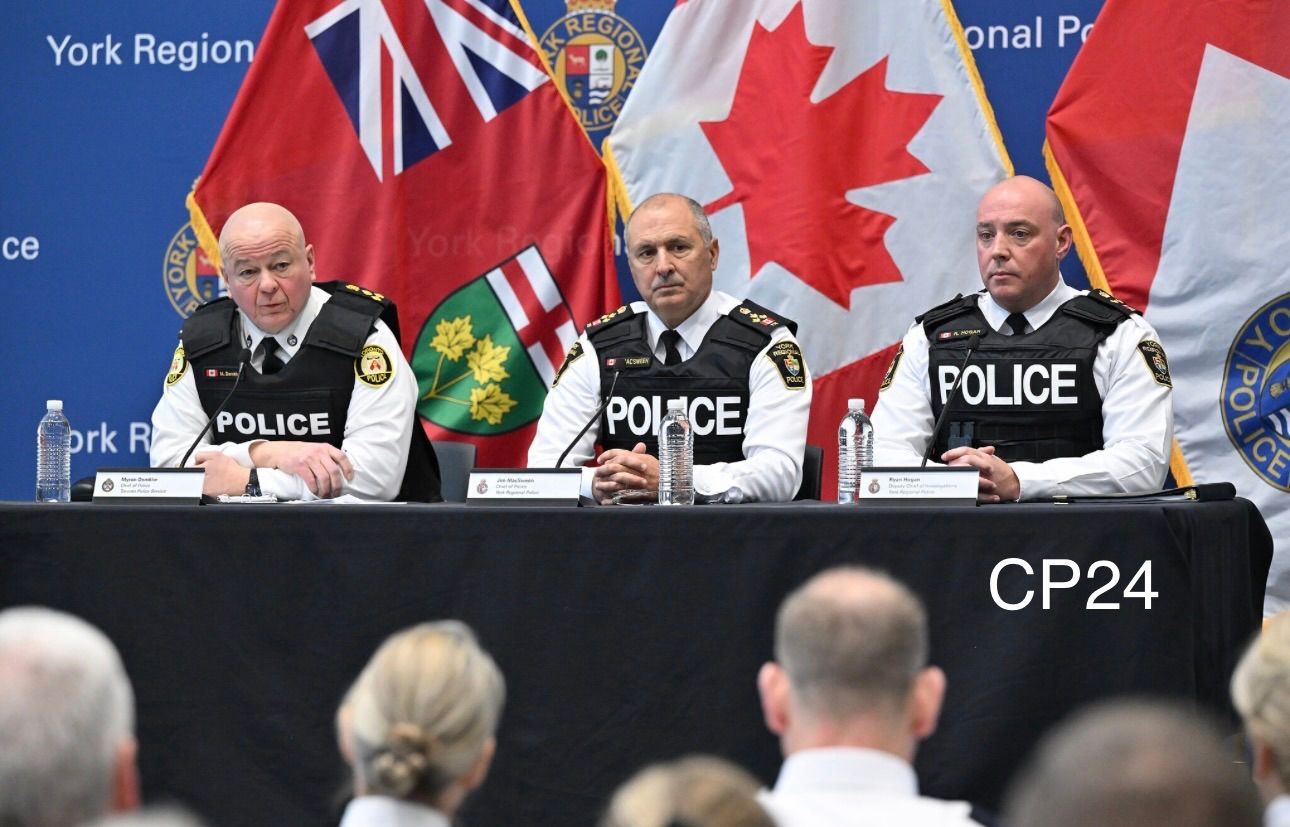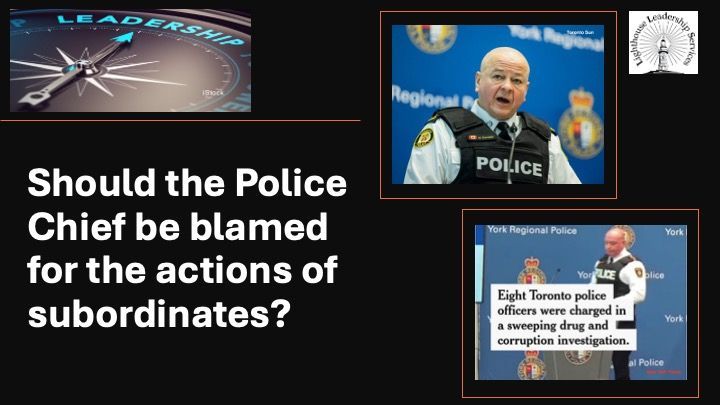New Paragraph
The recent international events surrounding the COVID-19 pandemic have shown local, national and world leaders communicating with the people across their areas of responsibility in a variety of styles and levels of expertise. Some have been good, some awful and some rather ho-hum. As effective communication is paramount to successful leadership, and inspirational leadership is critical to organizational success, I have watched this unfold – particularly across Canada and the United States, with keen interest. Leadership will most often make or break groups of all types (i.e. teams, companies, societies) and leaders cannot succeed without communicating effectively.
In my view, the acceptance – or not, of the messaging of any political leader, often comes down to three factors: the effectiveness of the content and delivery; trust in the individual; and/or the political leanings of audience members. In some instances, leaders who have not always been effective communicators have risen to the challenge in what are very ominous circumstances. Some have communicated more effectively in these tough times than they have historically done on a day to day basis. That hasn’t necessarily developed avid feelings of confidence in those that for political or personal reasons have not trusted the leader in the past, but in some cases, even a jaded old guy like me has thought, “Not bad!” after watching and listening to “leaders” that I don’t usually have much of respect for or trust in.
If any of these political folks were turn to me and ask me for suggestions on how to lead through this challenge, and I’m quite confident they won’t, I would offer the following:
1. Lead. Leadership isn’t always easy, but in times of crisis, people are looking to their leaders to be “in-charge”. They want the leaders to guide them and to offer them the confidence that everything will be okay, by offering facts and clear direction. They are seeking comfort and in bad situations sometimes they have no one else to turn to for that but their leaders. It’s your job to go forth and actually lead.
2. Build and maintain trust. Trust is a fragile commodity. It is difficult to gain and can be lost in a nanosecond. It is normally developed over time, through day to day interaction, in fairly normal situations and not when the chips are down. Do all you can for the months and years prior to the disaster to build the trust of the people, then when the poop hits the proverbial fan, people are much more apt to look to you and say, “That’s my leader and we will get through this!”
3. Communicate regularly, consistently and honestly. People don’t want to hear farcical stories and rose-colored glasses scenarios. They want and need to hear the facts; what government is doing to get them through this mess; and what they as citizens need to do for their part. That’s why they pay you the mediocre bucks.
I was asked recently in an interview, “Do we always have to see the Premier or Governor or PM or President speaking on this issue?” I said “No. We need to hear from Ministers and subject matter experts too, but if there was ever a time that we need to see the leader of the province/state or country front and center, it’s now.” I likened it to when I was Commissioner. I wasn’t there to do press conferences on every drug bust or homicide, or to simply appear to shake hands and kiss babies. When bad things happened, the public and our staff needed to hear from ME. So make sure they hear from YOU.
4. Correct the record. When the facts change, and they often do in the fluidity of an emergency, the leaders must update the people. Don’t let what turned out to be a false statement linger and take root. Correct it and move forward.
5. Make decisions that are best for the people. Leaders that make and communicate decisions that are clearly in the best interests of themselves, their families or their wealthy business colleagues and not best for the average citizen, are failing their electorate. The majority of people will see through that and trust in those leaders will be lost. Make the right decisions for the right reasons.
6. Take responsibility for missteps. True leaders take the fall when things go bad. Even when it may well have been a subordinate official that erred, there’s no mileage in passing the blame. The general public and management team will both lose trust in you when you do. Take the hit, do damage control and move on.
7. Listen to experts – don’t try to be one. Any leader that thinks he or she knows everything isn’t a leader at all. Listen to those experts that truly know the business and then let them speak publicly on issues that are over your head. As Mark Twain so famously said, "It is better to keep your mouth closed and let people think you are a fool than to open it and remove all doubt."
8. Give credit and show empathy. It is not about you. Touting all the wonderful things you are doing non-stop and not recognizing the people that are giving their all in horrendous circumstances or the citizens that are frightened and/or suffering, makes you look like an uncaring narcissist. Is that what you want your legacy to be? Likely not, but if it is, then step down.
This dreadful virus is undoubtedly impacting the world and may well be a game-changer for us all for the rest of 2020 and beyond. But we will get past this, together, as a big, international team. In the mean time we must collectively keep our heads on straight. We can only hope that our elected officials provide the effective leadership we want, need and deserve to keep us moving forward on the right path. I’m confident that we will survive!





